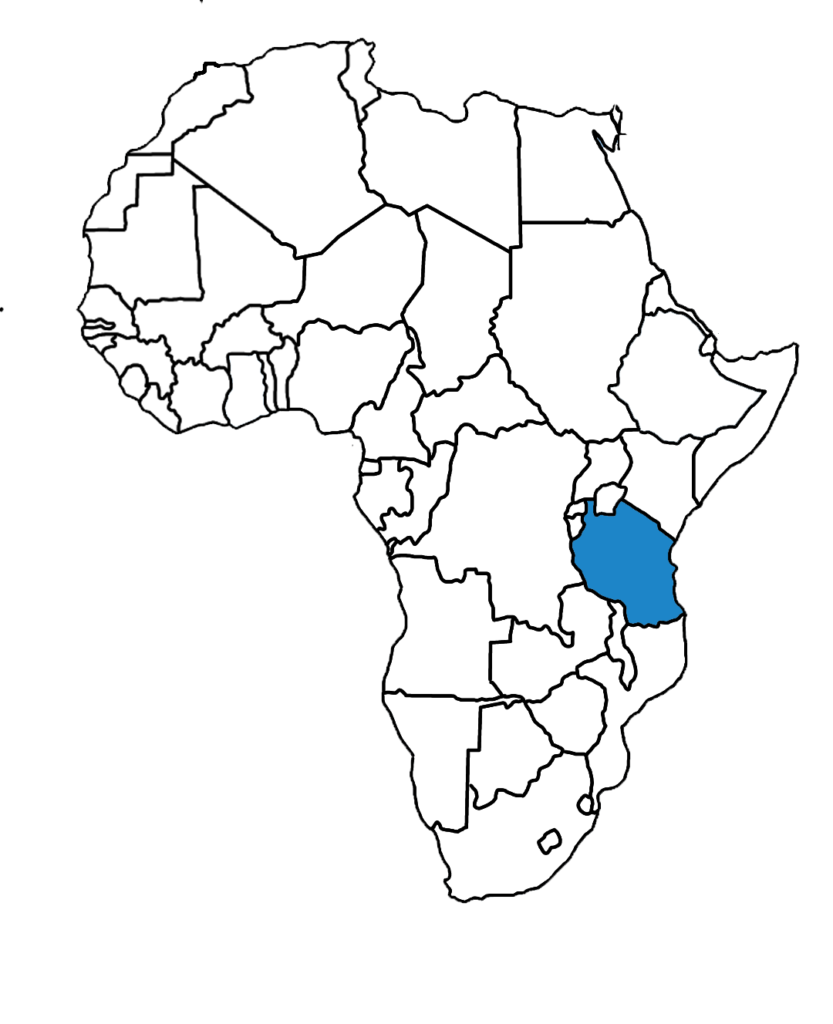In Tanzania, ILSSI is building on previous fieldwork, analyzing data and providing recommendations to support decision makers to expand small scale irrigation.
Opportunities
Increasing food production by irrigating crops in the dry season improves livelihoods. In Tanzania, entrepreneurs and farmers are already using groundwater, river, or stream pumping as well as private small reservoirs and ponds in emerging irrigation systems. To expand the use of small scale irrigation, ILSSI is identifying the potential for improved nutritional security, gender empowerment, and environmental resilience, with the introduction of small scale irrigation technologies and practices.
DOWNLOAD: Brief on ILSSI’s completed fieldwork in Tanzania
Challenges
Transitioning from subsistence, rainfed systems to commercial irrigation requires upscaling best-bet technologies and efficient water management. Small scale irrigation technologies must be profitable for farmers and investors. Technologies must fit the context of the farm, the biophysical environment, and the market, without compromising access to water resources in the environment or for marginalized parts of the population, particularly women.

Contributing to solutions
Fieldwork with farmers
ILSSI has collaborated with farmers in field trials to study the suitability and profitability of different irrigation technologies and practices. The trials in two study sites indicated that using diesel or petrol irrigation pumps in vegetable production was financially feasible.
Modeling scenarios
ILSSI is developing scenarios to identify opportunities and constraints at landscape and watershed levels for upscaling irrigation technologies and practices with high potential. The scenarios are intended to support decision makers looking to expand small scale irrigation in a sustainable way.
Publications and additional resources
- Are Smallholder Farmers Credit Constrained? Evidence on Demand and Supply Constraints of Credit in Ethiopia and Tanzania
- Evaluating the pathways from small-scale irrigation to dietary diversity: evidence from Ethiopia and Tanzania
- The feasibility of hand-held thermal and UAV-based multispectral imaging for canopy water status assessment and yield prediction of irrigated African eggplant (Solanum aethopicum L)
- Forecasting farm productivity and profitability as probability distributions for main cereal crops in Tanzania: a multivariate empirical (MVE) approach
- Optimizing water and nitrogen application for 1 neglected horticultural species in 2 tropical sub-humid climate areas: A case of African eggplant (Solanum aethiopicum L)
- A review of trends, constraints and opportunities of smallholder irrigation in East Africa
Project partners
ILSSI is led by Texas A&M University, with the International Water Management Institute (IWMI) and the International Livestock Research Institute (ILRI), and the International Food Policy Research Institute (IFPRI).


